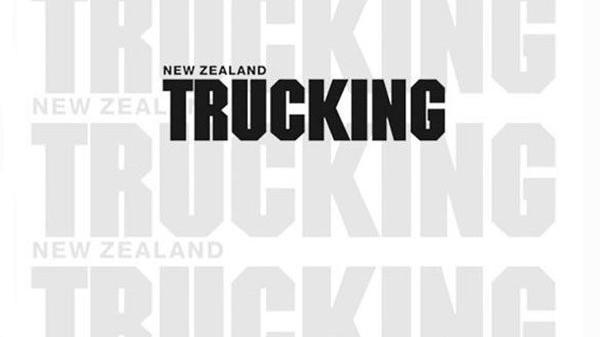Why do we put up with this?

I started writing this while sitting in the outpatient waiting room at my local hospital. Sitting there waiting my turn, I couldn’t help but notice that the decor would not be out of place in some of those Soviet-era hospitals we might see on television. There’s only a couple of chairs of the same style or colour, and the lino on the floor clearly shows its age. Numerous notices along the coridor warn you to be careful because of the uneven floor.
I contrast this with what I have seen at many government departments and agency offices. Where do the priorities lie: flash offices for bureaucrats or Soviet-style decor and facilities in our hospitals? I admire the medical staff who tolerate such working conditions; a classic example of dedication to a profession rather than just having a job.
Perhaps some of the revelations of the past months can give us a clue to where government priorities sit. We learnt that the cost of a new 4.5km cycleway alongside SH2 in Wellington has risen to $311 million, up from its 2019 budget of $94 million. This is approximately $69 million a kilometre. The changing spin around this project is interesting, from being an asset for the people of Wellington to a needed upgrade of the sea wall to protect the Hutt Valley train line that runs along the same stretch of road from the vagaries and weather of Wellington Harbour.

The inevitable images always depict fine sunny weather with lots of people around, as with the accompanying photos retrieved from one of the PR documents. Believe it or not, it depicts Wellington Harbour and as most who have visited this place are aware, there are very few days a year when the harbour looks like this.
Another revelation in July was that the organisation set up by the government under its tertiary education reform package is in serious financial strife. In a redacted report from the Tertiary Education Commission to Education Minister Chris Hipkins and released under the Official Information Act, Te Pukenga, the New Zealand Institute of Skills and Technology, forecasts a full-year deficit of $110 million. That’s an increase of $53.5 million on its original forecast. As most of the minister’s handwritten comments are not redacted, his thoughts are clear. One brought a smile to my face. The section of the report discussing staff numbers (FTEs, essentially full-time staff members), says there was an increase of 25 during the March quarter, bringing the number to 146. The minister has written: “A focus on FTE isn’t that helpful. I’m more interested in what these people are achieving than how many of them there are.”
Many of us would most likely like to know the same thing, just what has this organisation achieved? Given the recently reported increase in staff numbers at NZTA, which appears to have the support of Transport Minister Michael Wood, perhaps Wood could pick up on Hipkins’ comments and ask what this increase in staff has achieved. Certainly, they cannot say they have achieved better roads or improved road safety, given the rising road toll.
Finally, we read that the lack of effectiveness of the police’s road-policing actions is one of the reasons behind the increasing road toll. This may be so, but we must remember the increasing pressure on our police, much of which supports government policy. Even the best-trained cop couldn’t police our highways or deal with increasing instances of violent crime while they were guarding a quarantine facility.
Read more
Dead like the dodo
0 Comments5 Minutes
Most things come in trucks
0 Comments5 Minutes
It could be a lot worse
0 Comments6 Minutes


